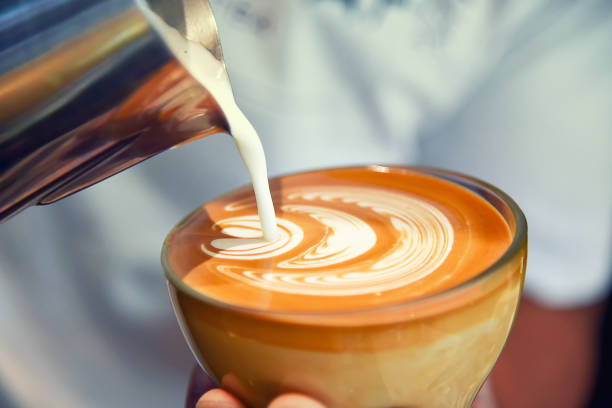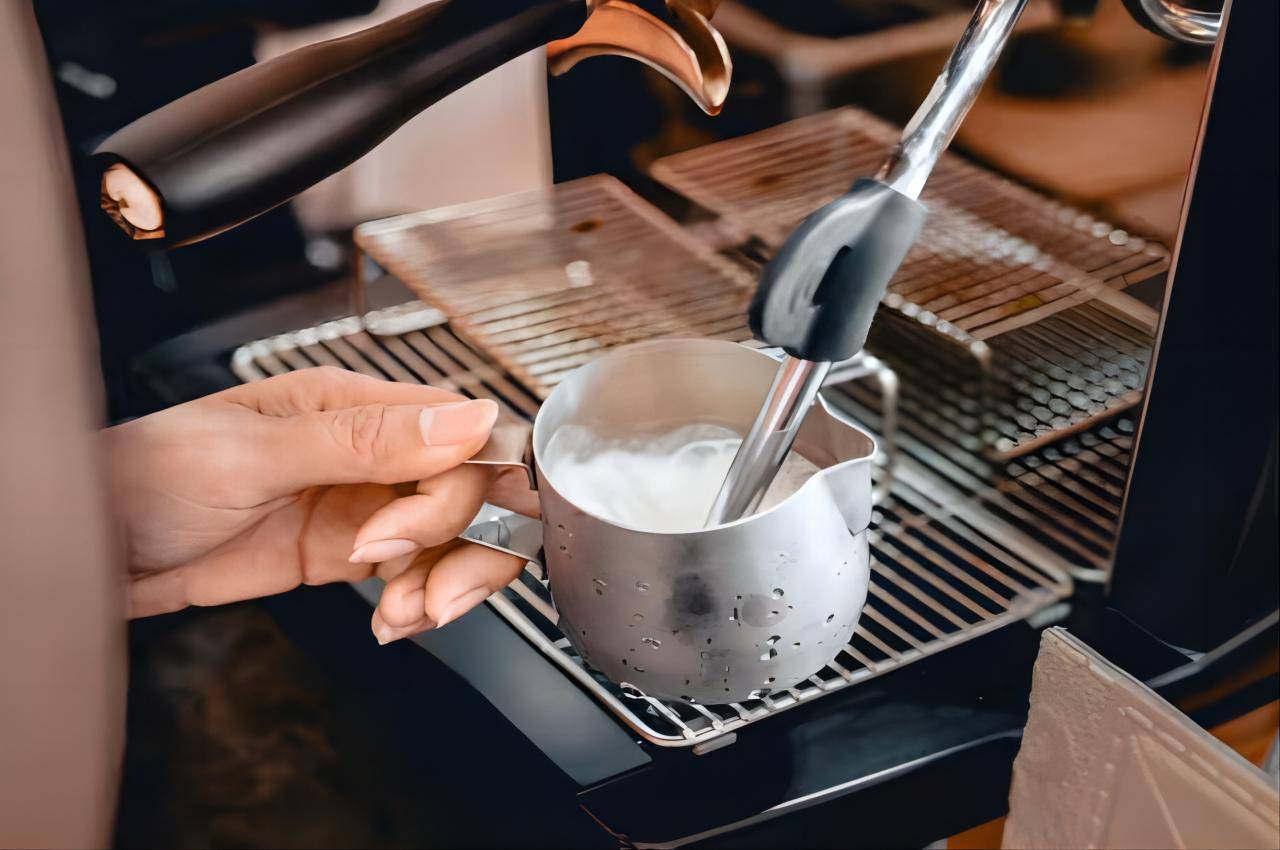Beyond Freshness: How to Handle Coffee Beans Past Their Prime
Coffee enthusiasts cherish every note of flavor that a freshly roasted bean offers. The fresh aroma, balanced acidity, and vibrant complexity of a new roast can transform the everyday coffee experience. Yet, sometimes coffee beans aren’t consumed within their peak period. Whether it's due to over-purchasing, changes in routine, or a missed opportunity, you might find yourself with beans that have passed their “best-by” date. While these beans may no longer deliver their optimal sensory profile, they still have value—and with a bit of creativity, you can repurpose them rather than let them go to waste.
Subscribe
To join our mailing list and never miss event update!
Understanding Coffee Bean Freshness

Smart Storage: Extending the Life of Your Beans

Creative Repurposing of Expired Coffee Beans

Evaluating Expired Beans: A Practical Approach

Smart Purchasing and Storage: Avoiding Waste in the Future

The Role of Brewing Technology
Final Words
By understanding the science behind coffee aging and experimenting with various methods, you become an active participant in a sustainable coffee culture. Embrace the opportunity to reimagine your coffee habits, reduce waste, and continue enjoying the rich, diverse world of coffee in new and exciting ways.Expired coffee beans offer creative, sustainable uses beyond brewing.
Try cold brew, rubs, desserts, infusions, remedies, or composting. Extend bean life, minimize waste, and enrich your coffee experience. Smart buying, storage, and repurposing ensure all beans have value. Understand aging, experiment, and participate in sustainable coffee culture by reimagining habits and reducing waste. Enjoy coffee's rich diversity in new ways.
Subscribe
To join our mailing list and never miss a baby update!




